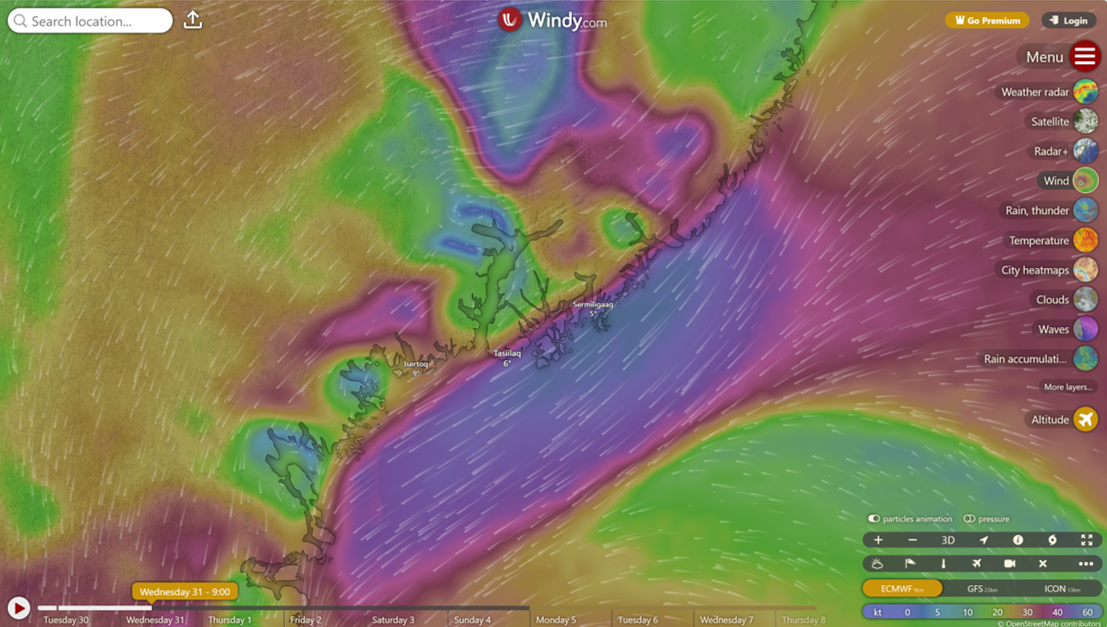
As scientists onboard we all have a schedule for what we would like to achieve at sea. Much of this work has been planned for years with months of preparation and training. Arctic field work in this region is challenging due to poor weather and ice conditions for much of the year, so there are very few opportunities to get here and do science. Work which we do not manage to complete now may have to wait years for another opportunity. (Actually, the whole cruise was already delayed once for two years due to COVID which obviously led to the cancelation of many international cruises during a difficult few years for everyone!).
During the planning phase of this expedition, we had many more applications of interest than we could accommodate onboard. But cruises are subject to logistical constraints which have to be carefully weighed against each other. This concerns not only the number of scientists we can get onboard, but also the equipment they need, the assistance required from the ship’s crew and officers, the hours of ship-time required for specific tasks, and under what weather conditions those tasks can, or cannot, be completed.
Some of our work is suitable for all weather conditions, for example many of our sensors onboard can collect useful data in atrocious weather conditions. This is an important scientific consideration – if we only collect data when it is convenient under nice weather conditions during the day, we systematically skew our environmental observations. But many of our tasks are more delicate and can only be completed during ‘good’ weather windows. Expensive instruments don’t like being accidently banged or smashed against the ship’s hull or on the deck during deployment or recovery, which means that waves of more than a few meters impact what instruments we can safely deploy on wires into the ocean, and people themselves are of course not generally a fan of really wavy conditions.
A sharp eye is therefore always kept on the weather forecast looking at how ice, wind and wave conditions will affect our operations over the coming week. So far we’ve been extremely lucky. Some fog and ice has slowed operations, but this was all expected for this time of year and location. This week our lucky streak however came to an end as a storm is brewing in the Atlantic. Very strong winds and high waves are expected across the North Atlantic exactly in the cruise track we were hoping to take NE along the coastline. Careful decisions therefore have to be made to assess how to use our remaining cruise time. For now we have decided to extend our survey in the Sermilik region where weather conditions are much more favorable and will likely remain so this week.